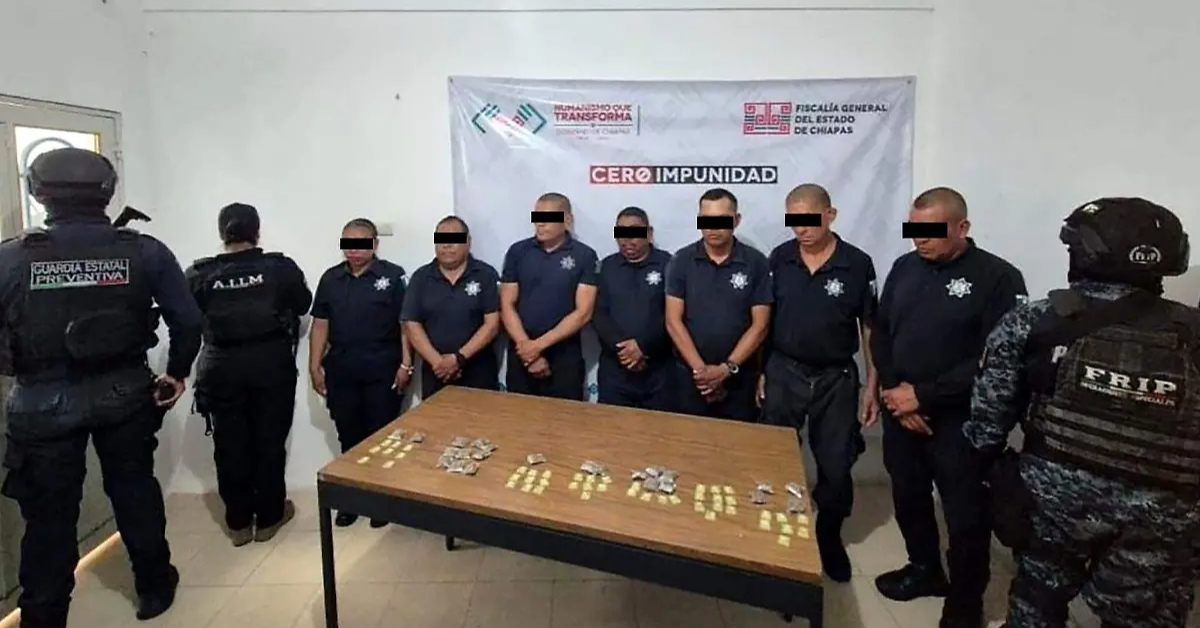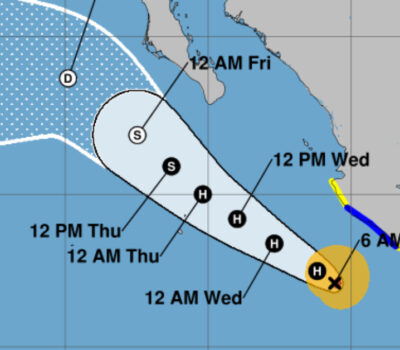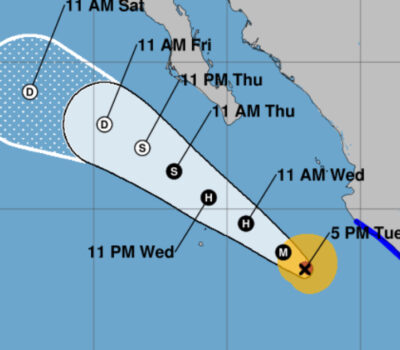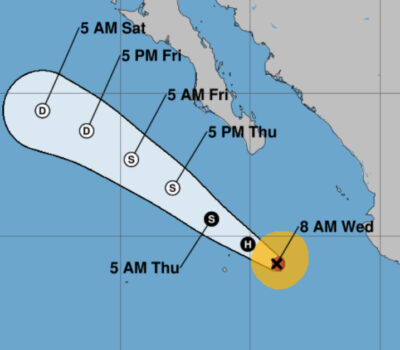Seven municipal police officers in Frontera Comalapa, Chiapas, were arrested for selling crystal meth and marijuana, confirming long-standing complaints of police corruption tied to organized crime.
In a major blow to public trust in local law enforcement, seven members of the Municipal Police in Frontera Comalapa, Chiapas, were arrested for allegedly selling and distributing drugs, including crystal meth and marijuana. The operation was carried out jointly by the Mexican Army, the National Guard, and the State Police, acting on multiple citizen complaints.
According to the Chiapas Public Security Secretariat, the officers—six men and one woman—were found in possession of 46 doses of crystal meth and 23 doses of marijuana at the time of their arrest. The department confirmed the officers were apprehended while actively engaging in drug distribution within the municipality.
“They were charged with engaging in the sale and distribution of alleged narcotics,” the agency said in an official statement released after the arrests.
The arrested officers were identified as Misael “N”, Juan “N”, Samuel “N”, Hugo “N”, Óscar “N”, Roberto “N”, and Jacqueline “N”. All have been handed over to the Public Ministry, where they will face charges related to crimes against public health. Authorities have not ruled out the possibility of adding charges of criminal association as the investigation progresses.
This scandal is just the latest chapter in a long history of violence, corruption, and criminal infiltration in Frontera Comalapa, a municipality located along Chiapas’s southern border with Guatemala. For years, the region has suffered from recurring waves of violence, including roadblocks, kidnappings, armed clashes, and forced disappearances. Criminal organizations continue to battle for control over drug routes, territory, and extortion rackets.
The town has become emblematic of the Mexican government’s ongoing struggle to regain control of rural areas where cartels operate with near-total impunity. Frontera Comalapa, in particular, has turned into a strategic hotbed for organized crime due to its border location and access to key trafficking corridors leading into Central America.
One of the most serious incidents occurred on June 8, when Chiapas State Police crossed into Guatemalan territory during a confrontation with a binational criminal group. That episode led to a short-lived diplomatic strain between the two countries and raised new concerns over how blurred the lines of enforcement and criminal operations have become in the region.
Residents and civil society groups have long accused local police of working hand-in-hand with criminal groups. This week’s arrests confirm those fears. For years, citizens have reported abuses, selective enforcement, and outright criminal behavior from police officers tasked with protecting the community. The operation marks a rare example of internal action taken to root out corruption from within local security forces.
State authorities said this latest operation is part of a broader effort to dismantle internal networks that facilitate drug trafficking and protect organized crime interests. However, critics argue that these moves often come too late and fail to address the systemic rot that has allowed organized crime to flourish in southern Chiapas.
“This is not about a few bad apples,” said a local human rights observer. “There is a complete failure of institutional oversight. The entire security apparatus here has been compromised.”
The Chiapas government says it will continue to conduct joint operations in high-risk municipalities like Frontera Comalapa, hoping to prevent further escalation of cartel-related violence. But the challenges remain steep. Community trust in law enforcement is virtually nonexistent, and local residents often fear retaliation for speaking out against criminal-political collusion.
So far, no statement has been issued by the Municipal Government of Frontera Comalapa regarding the arrests. Meanwhile, the Public Security Secretariat has pledged transparency in the legal proceedings and urged citizens to report any further instances of police misconduct.
The seven officers remain in custody while investigations continue. If convicted, they could face years behind bars, though many in the community remain skeptical that true justice will be served.
This case is now a litmus test for the state’s commitment to reform and accountability. Whether it leads to broader structural change or becomes just another headline remains to be seen.
Seven municipal police officers in Frontera Comalapa, Chiapas, were arrested for selling crystal meth and marijuana, confirming long-standing complaints of police . . .












